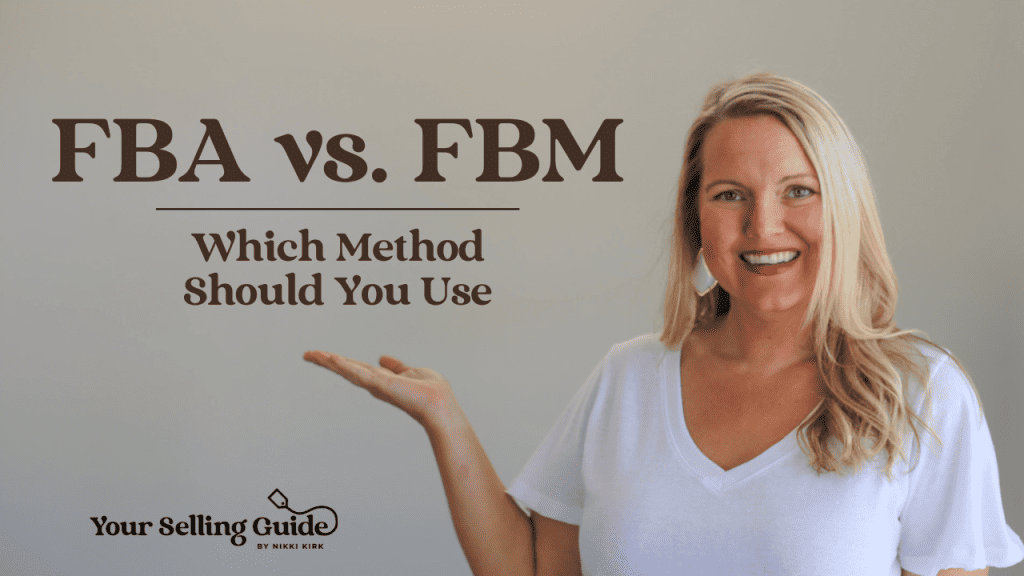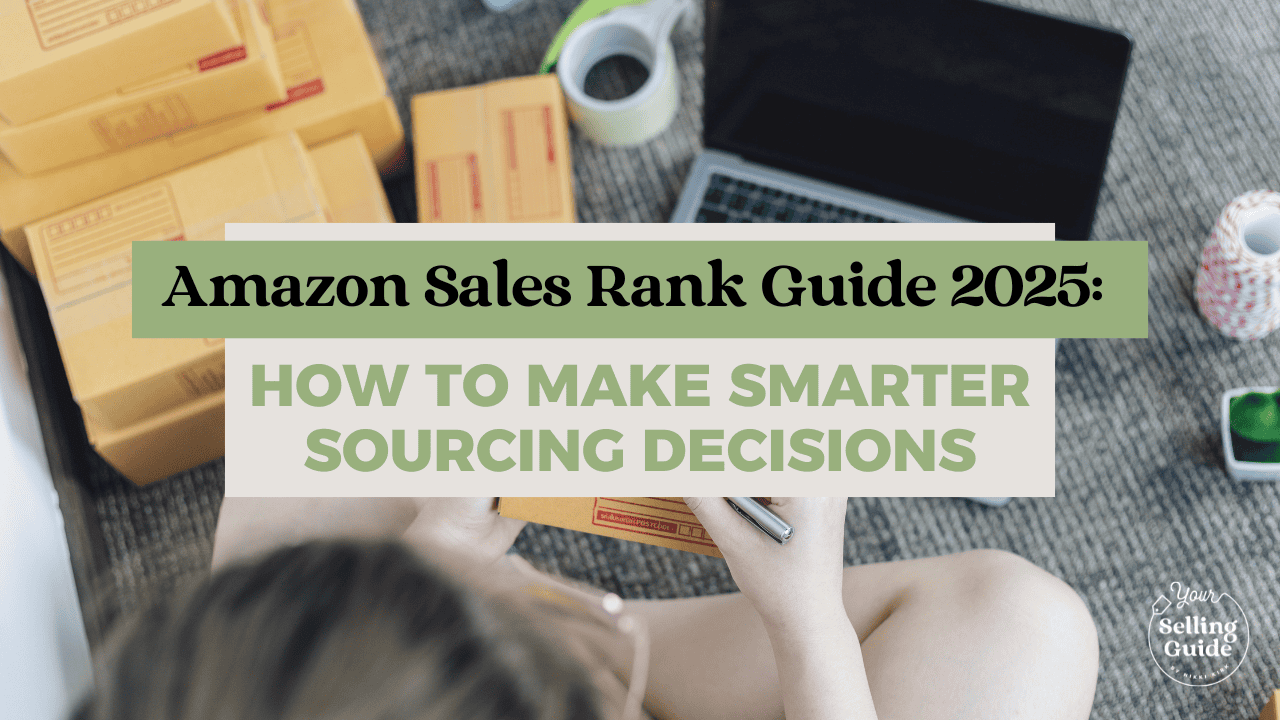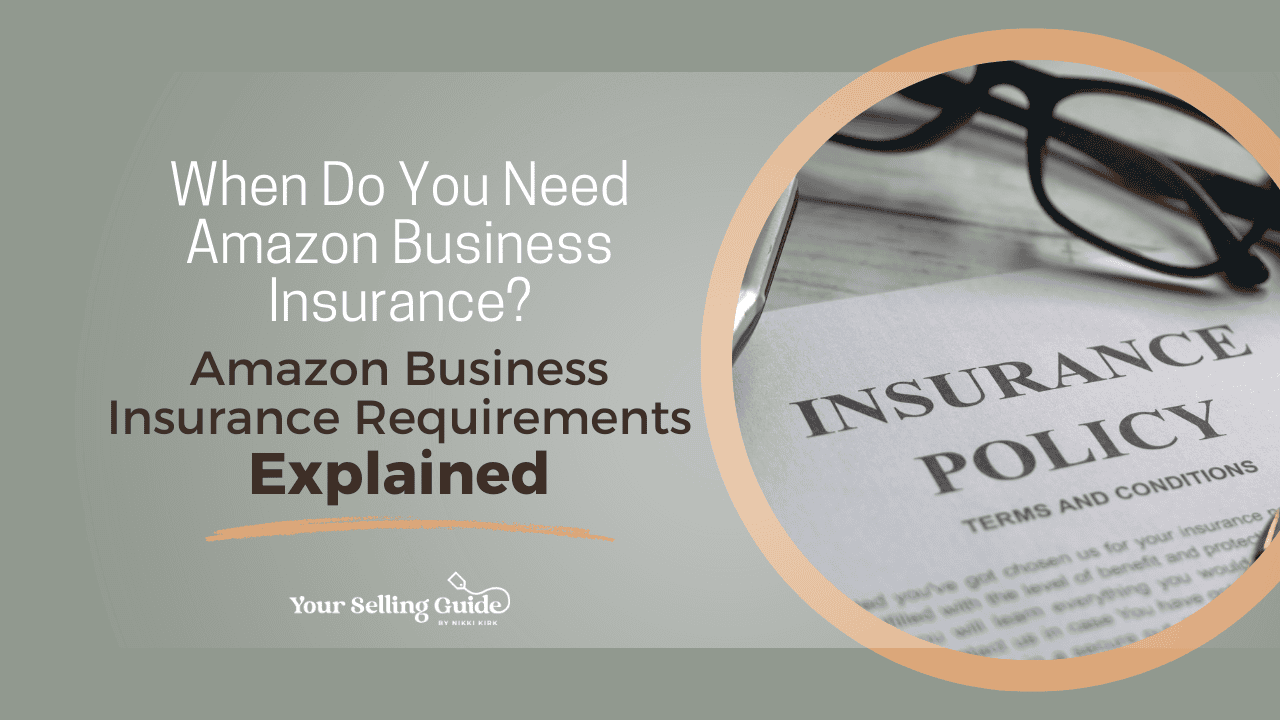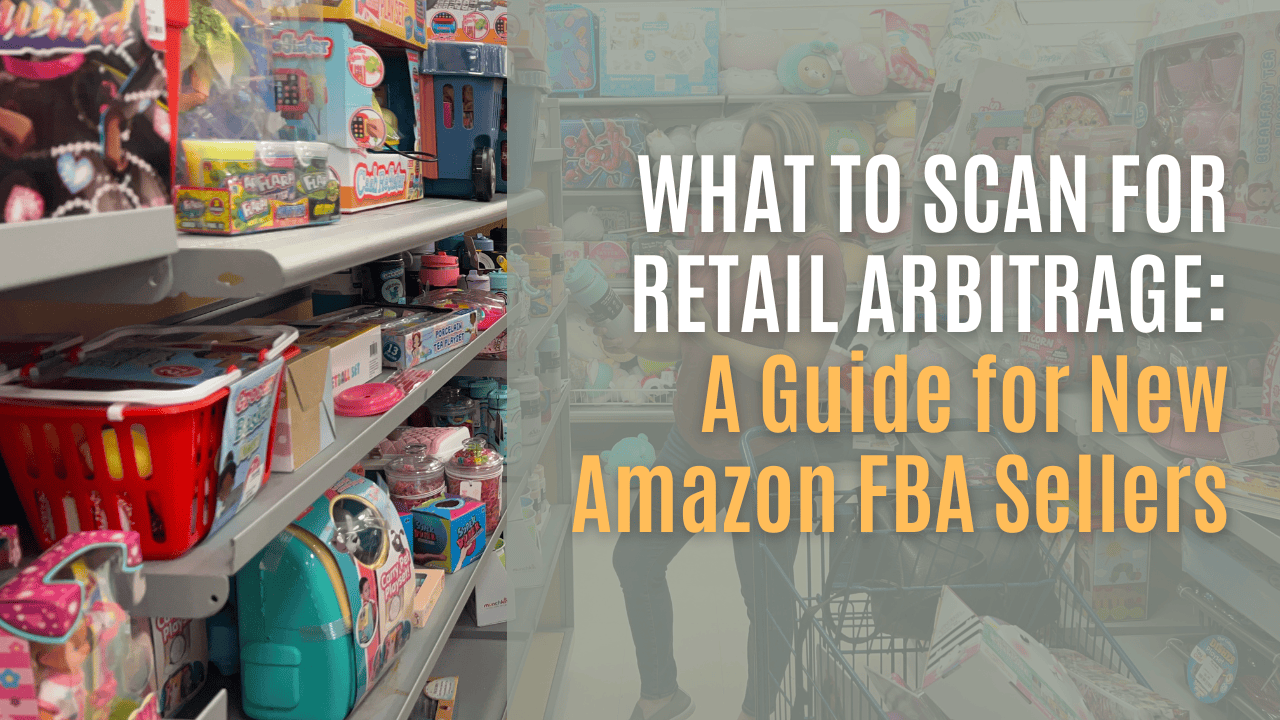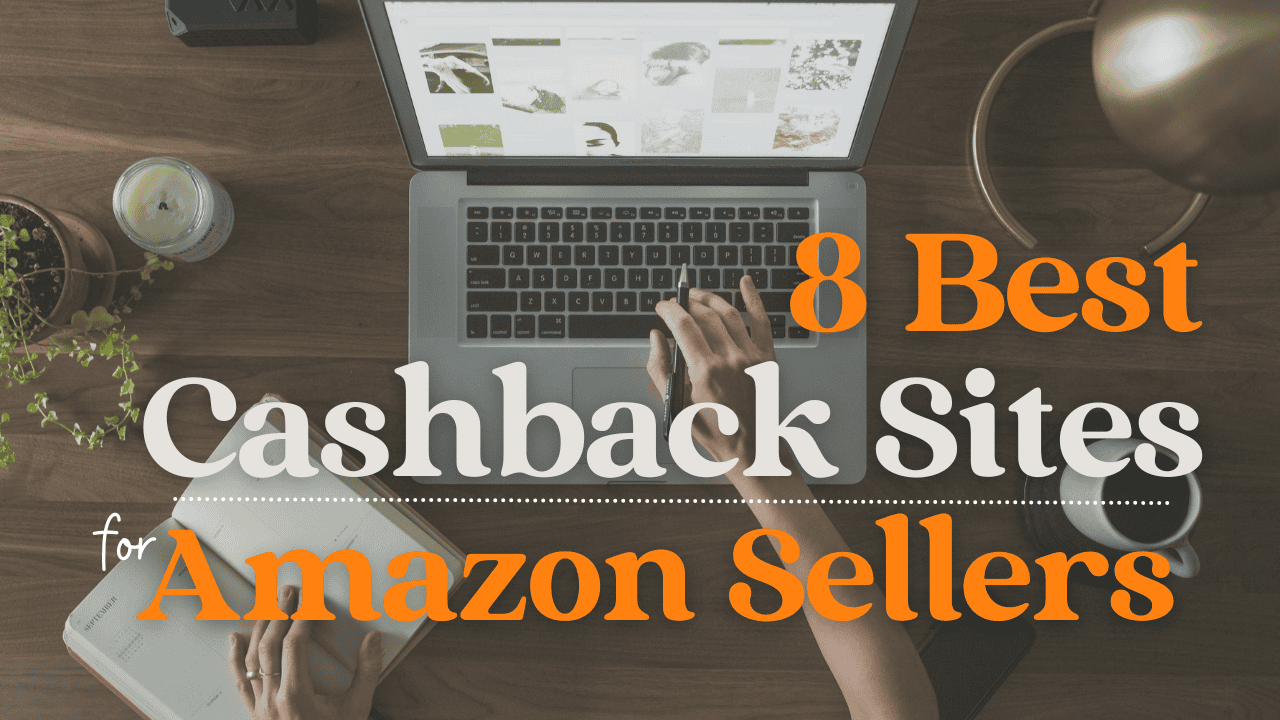Whether you are a new Amazon Seller, or a seasoned one, deciding which fulfillment method to use in your Amazon Business can be a tricky one. Everyone is always asking FBA vs. FBM, which one is better? Both are great models to have, and while every seller is different, I would argue that implementing the right mix of both is what will help you scale your business and make more profit.
I’ll cover what each method is and lay out what I use each one for in my Amazon Selling Business. Let’s figure it out, FBA vs. FBM…
Fulfilled by Merchant (FBM)
Fulfilled by Merchant, or FBM, can be pretty intimidating – I know I felt that way! But now, I think it’s something that every Amazon seller should add into their mix. FBM is the method where the customer is purchasing the product through Amazon, and you, the seller, are packing and shipping the order directly to the customer.
FBM is more work on the seller’s end, but it comes with less fees. Less fees equals more profit, and this matters because in March of 2024, Amazon raised its service fees for FBA Inbound Placement – you can read more about that here.
So, in the FBA vs. FBM debate, here’s what I use FBM for…
When It Might Be A Good Idea To FBM
Stock Shortages – Anytime there is a shortage, and especially if it makes national news, there will be a buying frenzy and prices go very high! You want to use FBM to take advantage of this because you can sell it and get it to the customer faster than if you sent it into the warehouse. You also want to FBM in this scenario because Amazon could price cap it at a price you do not make money, and you have more room to relist, charge shipping or return to the store than if you sent it into the warehouse. Some memorable high profit shortages have been Chlorine in Summer 2021, Cold Medicine in Winter 2023 and Spring 2020.
Amazon is Temporarily Sold Out – Using Keepa you can see when Amazon was out and for how long. They usually will come back on but in the days and weeks they are sold out you can price up and make good money fast with FBM.
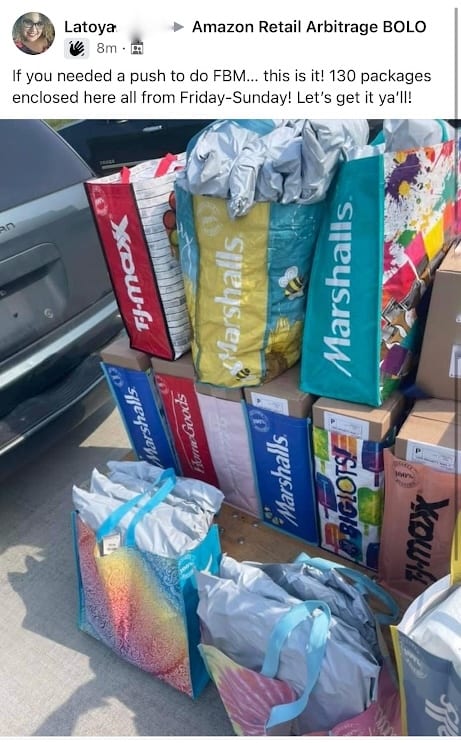
High dollar products – I don’t always trust Amazon or the customers, so I want to take photos of the items before sending them out when ordered and pack them with care. Perk is the fees are less, so more money in your pocket!
High-rank Products – If I have high ranking products that might take longer than 3 months to sell, I keep them and FBM those. For me, this is primarily in the beauty category since I will go up to 500,000+ in some beauty.
Meltable Season – Amazon only accepts meltable FBA products from October 16th to April 14th! If you have any meltable inventory during those summer months, you have to use FBM. Meltable Inventory Includes Heat Sensitive Products Like – Chocolate, Gummies, Select Jelly Based Products, and Select Wax Based Products.
Hot Tip
FBM does not have to be intimidating – it has a necessary place in your Amazon Selling Business! If you are hesitant, or want to brush up on FBM, read my Complete FBM Shipping 101 Guide.
Fulfilled by Amazon (FBA)
Fulfilled by Amazon, or FBA, is what most sellers start with when beginning their Amazon Selling Business. FBA is the method where you ship all your inventory to the Amazon Warehouse, and once purchased, Amazon ships it out to the customer. With this method, Amazon manages the storage, the shipping, and the customer service.
The FBA method is less intimidating but comes with more fees, since Amazon is handling a big part of the process for you. It can be less overwhelming to start with though, and doesn’t require storage space for inventory.
When I Utilize Fulfillment by Amazon
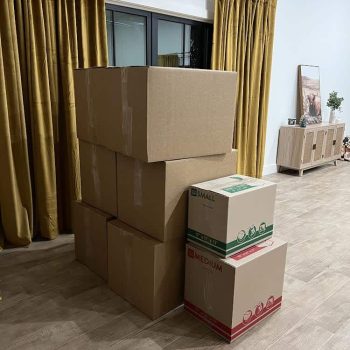
Grocery: In my experience, grocery items do not sell FBM unless it’s meltable, so I always list grocery FBA. As soon as I send grocery inventory to the warehouse, it sells.
Everything Else: I literally send in everything else and sell it FBA. If it’s not listed above, then I send it for FBA. The more you can hand off to Amazon to fulfill, the more you can scale. While FBA and FBM get the buy box pretty equally these days, Prime customers (most Amazon customers) still prefer to buy prime products whenever they can.
FBA vs. FBM
Both fulfillment methods have their pros and cons. Using each in your Amazon Selling Business can mean a more scalable business model, and higher profits. So, what are you using in this FBA vs. FBM debate?
If you haven’t started utilizing FBM in your business, check out the video below for all my tips!
